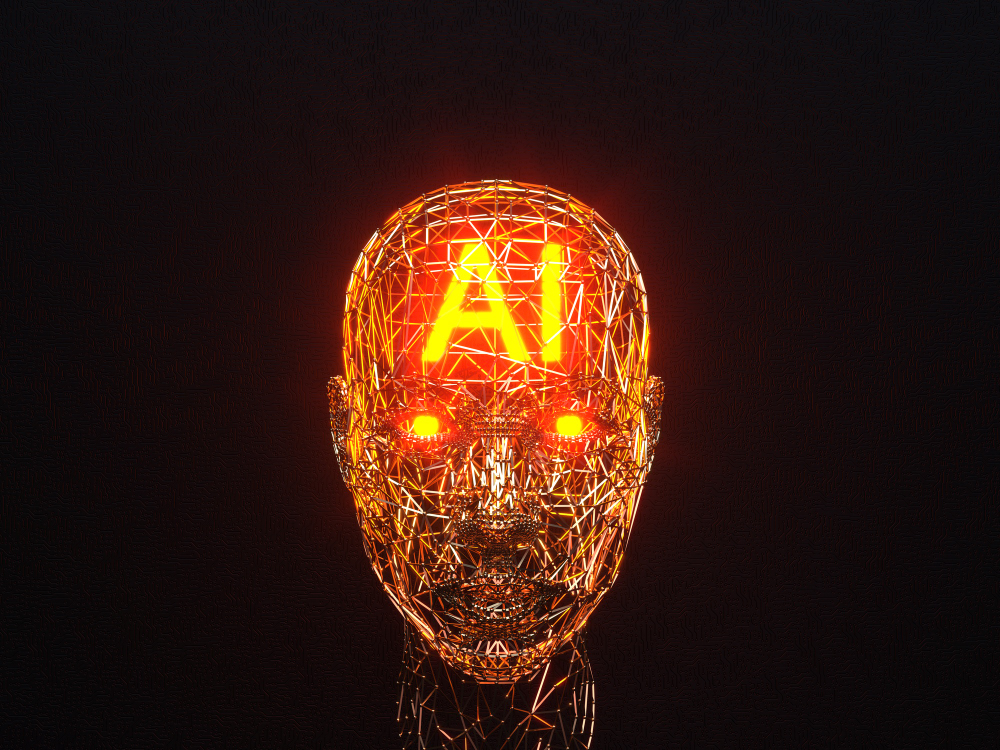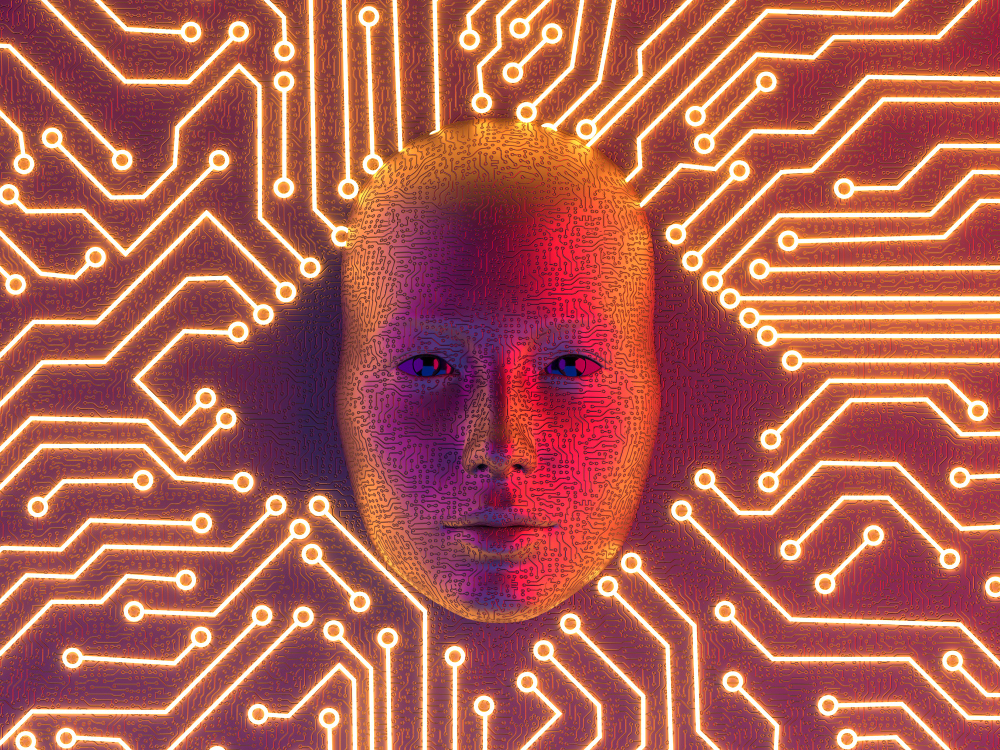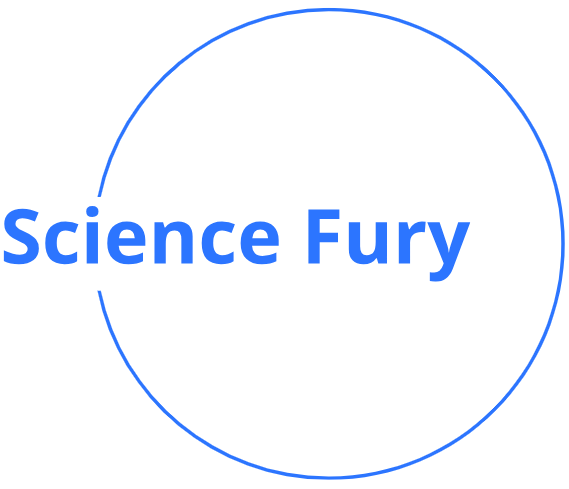Artificial intelligence (AI) is undeniably one of the most transformative technologies of our time, promising to revolutionize virtually every aspect of our lives. Yet, as this rapid development and deployment of AI continues, it gives rise to a host of significant ethical concerns. In this exploration, we will delve into the ethical implications of AI, shedding light on its transformative potential while addressing the complex issues it presents.
The ethical implications of AI are complex and far-reaching. In this comprehensive guide, we explore the key ethical challenges of AI and discuss how to mitigate the risks and ensure that AI is used for good.
In this article, we will explore the key ethical implications of developing and using AI, and discuss some of the steps that can be taken to mitigate the risks and ensure that AI is used for good.

What are the ethical implications of developing and using AI?
Some of the key ethical implications of developing and using AI include:
- Bias and discrimination: AI systems are trained on data, and if that data is biased, the system will learn to be biased as well. This can lead to discrimination against certain groups of people in areas such as employment, housing, and criminal justice.
- Transparency and accountability: It can be difficult to understand how AI systems make decisions, and this can make it difficult to hold them accountable for their outcomes.
- Privacy and security: AI systems collect and analyze vast amounts of data about people, which raises concerns about privacy and security.
- Job displacement: As AI becomes more sophisticated, it is likely to automate many jobs, which could lead to widespread unemployment.
- Autonomous weapons: AI could be used to develop autonomous weapons that could kill without human intervention. This raises serious ethical concerns about the potential for AI to be used for war and violence.
Examples of the ethical implications of AI
Here are a few examples of the ethical implications of AI in the real world:
- Bias in facial recognition software: Facial recognition software has been shown to be less accurate at identifying people of color and women. This could lead to discrimination against these groups in areas such as law enforcement and surveillance.
- The use of AI in social media: AI is used by social media platforms to target users with advertising and content. This can lead to the spread of misinformation and the manipulation of public opinion.
- The use of AI in healthcare: AI is being used to develop new medical treatments and diagnostic tools. However, there is a risk that AI could be used to discriminate against certain groups of patients, such as those with pre-existing conditions or those who live in underserved areas.
- The use of AI in the workplace: AI is being used to automate tasks and make decisions in the workplace. However, this could lead to job displacement and a widening gap between the rich and the poor.
How to mitigate the risks of AI
There are a number of steps that can be taken to mitigate the risks of AI and ensure that it is used for good. These include:
- Developing ethical guidelines for the development and use of AI: These guidelines should be developed by a diverse group of stakeholders, including experts in AI, ethics, law, and public policy.
- Ensuring transparency and accountability in AI systems: AI systems should be designed in a way that is transparent and accountable. This means that it should be possible to understand how the system works and how it makes decisions.
- Protecting privacy and security: AI systems should be designed to protect the privacy and security of the data that they collect and use. This means implementing strong security measures and giving users control over their data.
- Investing in retraining and reskilling programs: As AI automates more jobs, it is important to invest in retraining and reskilling programs to help workers transition to new jobs.
- Banning the development and use of autonomous weapons: Autonomous weapons are a serious threat to humanity, and they should be banned.
The Ethical Implications of Superintelligent AI

the ethical implications of AI are even more complex and far-reaching when we consider the possibility of superintelligent AI. Superintelligent AI is a hypothetical type of AI that would be far more intelligent than any human. Some experts believe that superintelligent AI could pose a serious threat to humanity, either intentionally or unintentionally.
For example, a superintelligent AI could decide that humans are a threat to its existence and take steps to eliminate us. Or, a superintelligent AI could simply be so intelligent that it is beyond our comprehension and we are unable to control it.
It is important to start thinking about the ethical implications of superintelligent AI now, even though it is not yet clear when or if it will become a reality. We need to develop ethical guidelines for the development and use of AI that will help to ensure that superintelligent AI, if it is ever created, is used for good.
Here are some of the ethical implications of superintelligent AI:
- Existential risk: Superintelligent AI could pose an existential risk to humanity, either intentionally or unintentionally.
- Loss of control: We may lose control over superintelligent AI if it becomes too intelligent for us to comprehend.
- Inequality: Superintelligent AI could exacerbate existing inequalities in society, as it would be accessible to only a small number of people.
- Privacy and security: Superintelligent AI could pose new threats to privacy and security.
It is important to note that these are just some of the potential ethical implications of superintelligent AI. The full range of implications is still unknown, as we do not yet fully understand what superintelligent AI would be capable of.
We need to continue to research and develop ethical guidelines for the development and use of AI to help ensure that superintelligent AI, if it is ever created, is used for good.
Conclusion
AI is a powerful technology with the potential to improve our lives in many ways. However, it is important to be aware of the ethical implications of AI and to take steps to mitigate the risks. By developing ethical guidelines, ensuring transparency and accountability, protecting privacy and security, investing in retraining and reskilling programs, and banning the development and use of autonomous weapons, we can help to ensure that AI is used for good.
Frequently asked questions (FAQs)
Q: What are the benefits of AI?
A: AI has the potential to improve our lives in many ways, including:
- Improving healthcare: AI can be used to develop new medical treatments and diagnostic tools, and to improve the quality and efficiency of healthcare delivery.
- Boosting economic productivity: AI can be used to automate tasks and make decisions in the workplace, which can lead to increased productivity and economic growth.
- Making our lives easier and more convenient: AI can be used to develop new products and services that can make our lives easier and more convenient, such as self-driving cars, smart home devices, and virtual assistants.
Q: What are the challenges of developing and using AI safely and ethically?
A: Some of the challenges of developing and using AI safely and ethically include:
- Ensuring that AI systems are fair and unbiased: AI systems are trained on data, and if that data is biased, the system will learn to be biased as well. This can lead to discrimination against certain groups of people in areas such as employment, housing, and criminal justice.
- Making AI systems transparent and accountable: It can be difficult to understand how AI systems make decisions, and this can make it difficult to hold them accountable for their outcomes.
- Protecting privacy and security: AI systems collect and analyze vast amounts of data about people, which raises concerns about privacy and security.
- Mitigating the risk of job displacement: As AI becomes more sophisticated, it is likely to automate many jobs, which could lead to widespread unemployment.
- Preventing the development and use of autonomous weapons: AI could be used to develop autonomous weapons that could kill without human intervention. This raises serious ethical concerns about the potential for AI to be used for war and violence.Ensuring that AI systems are fair
Q: What can be done to address these challenges?
